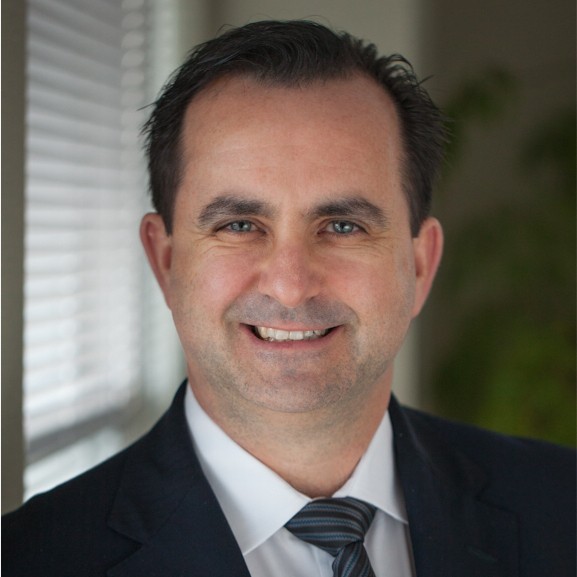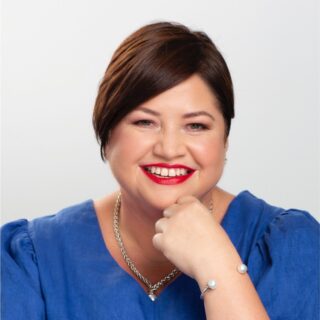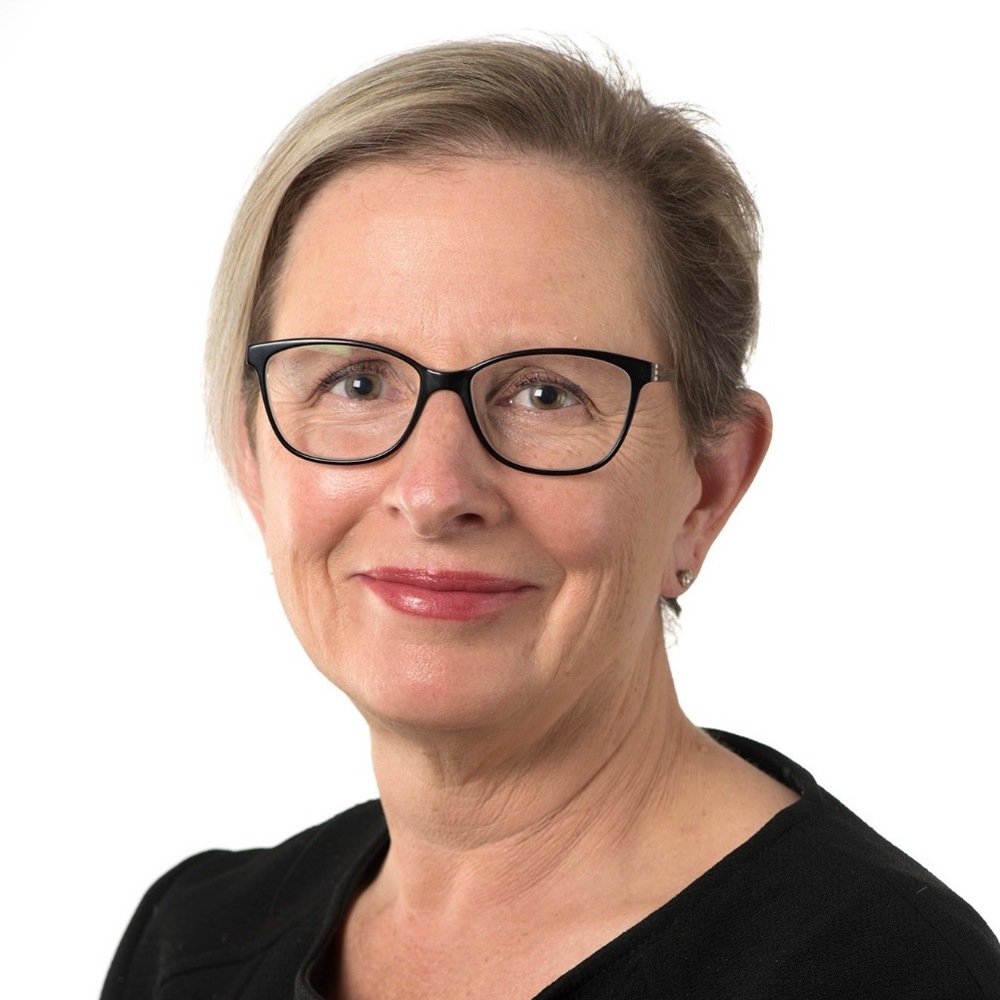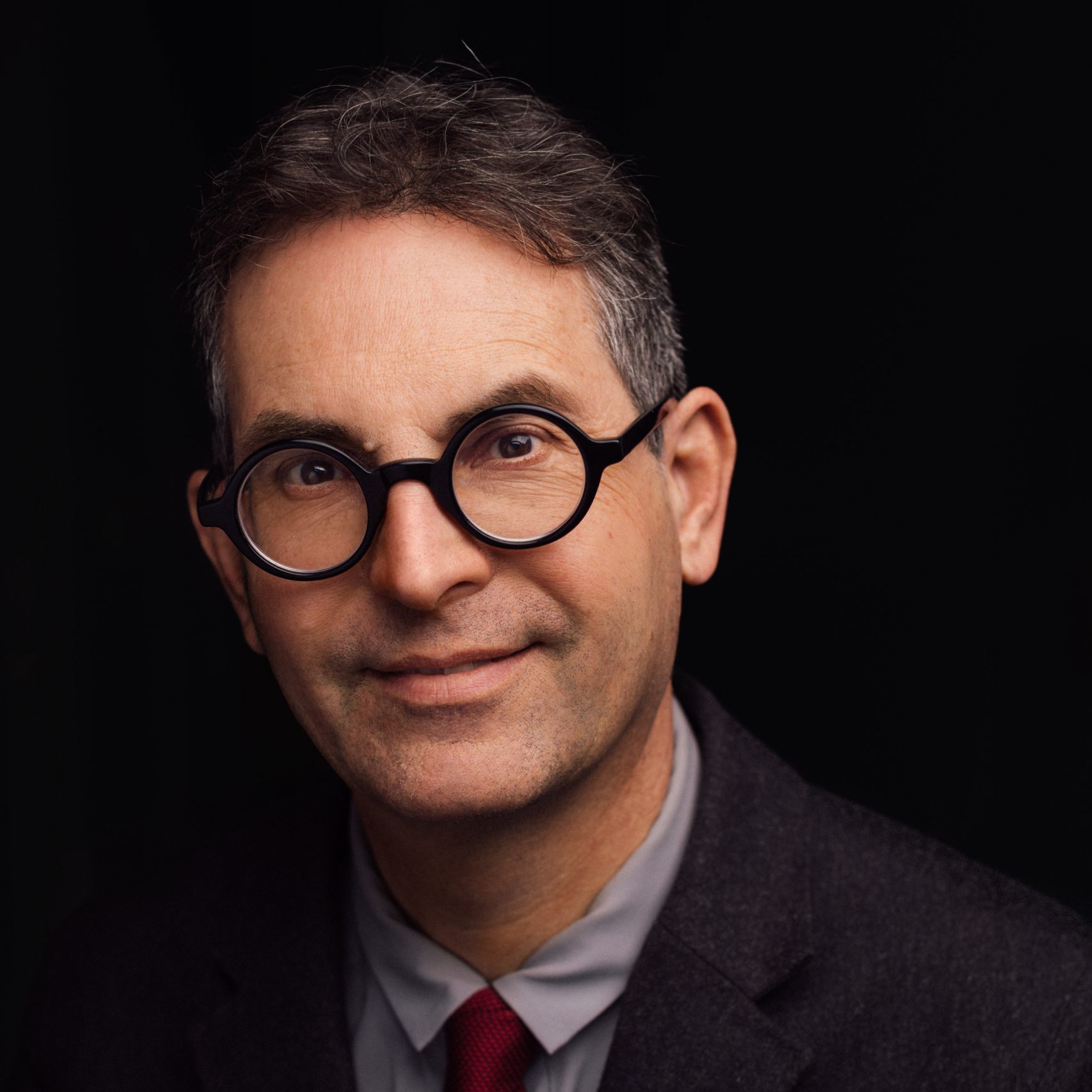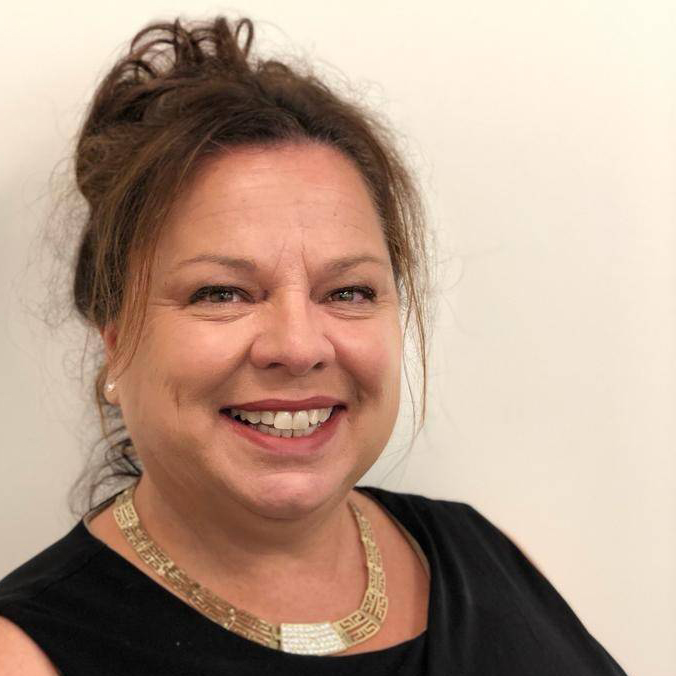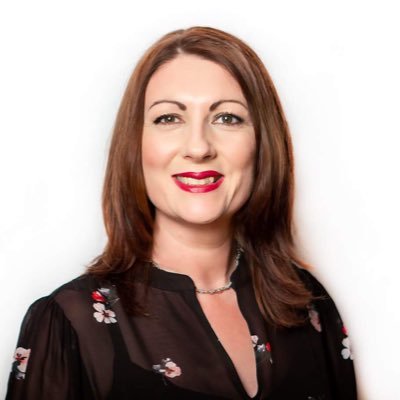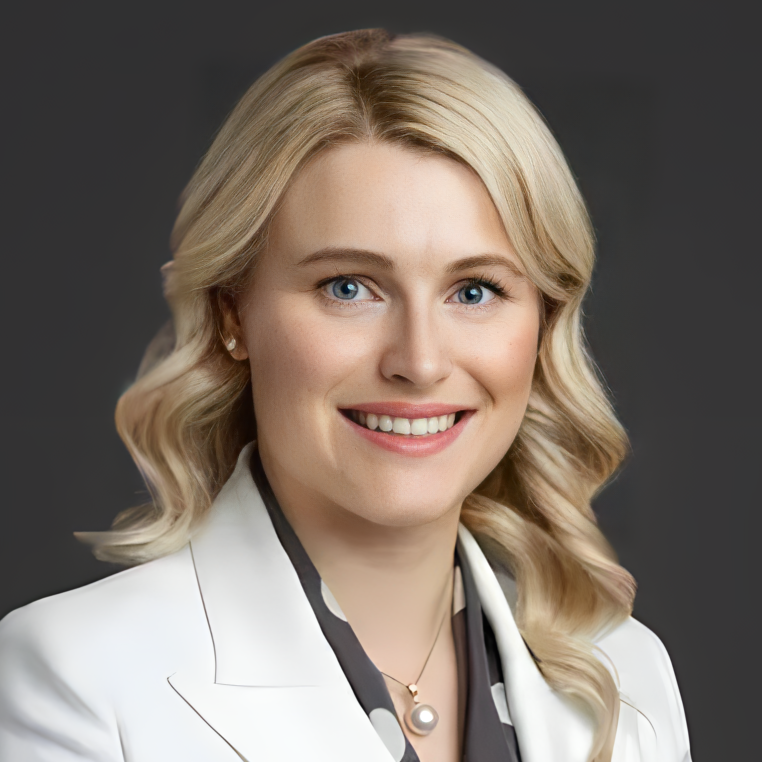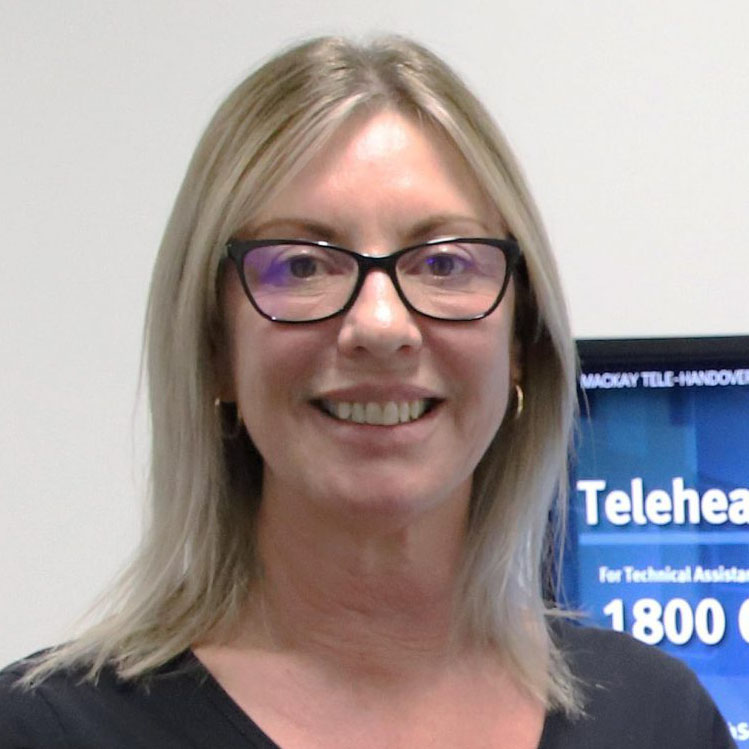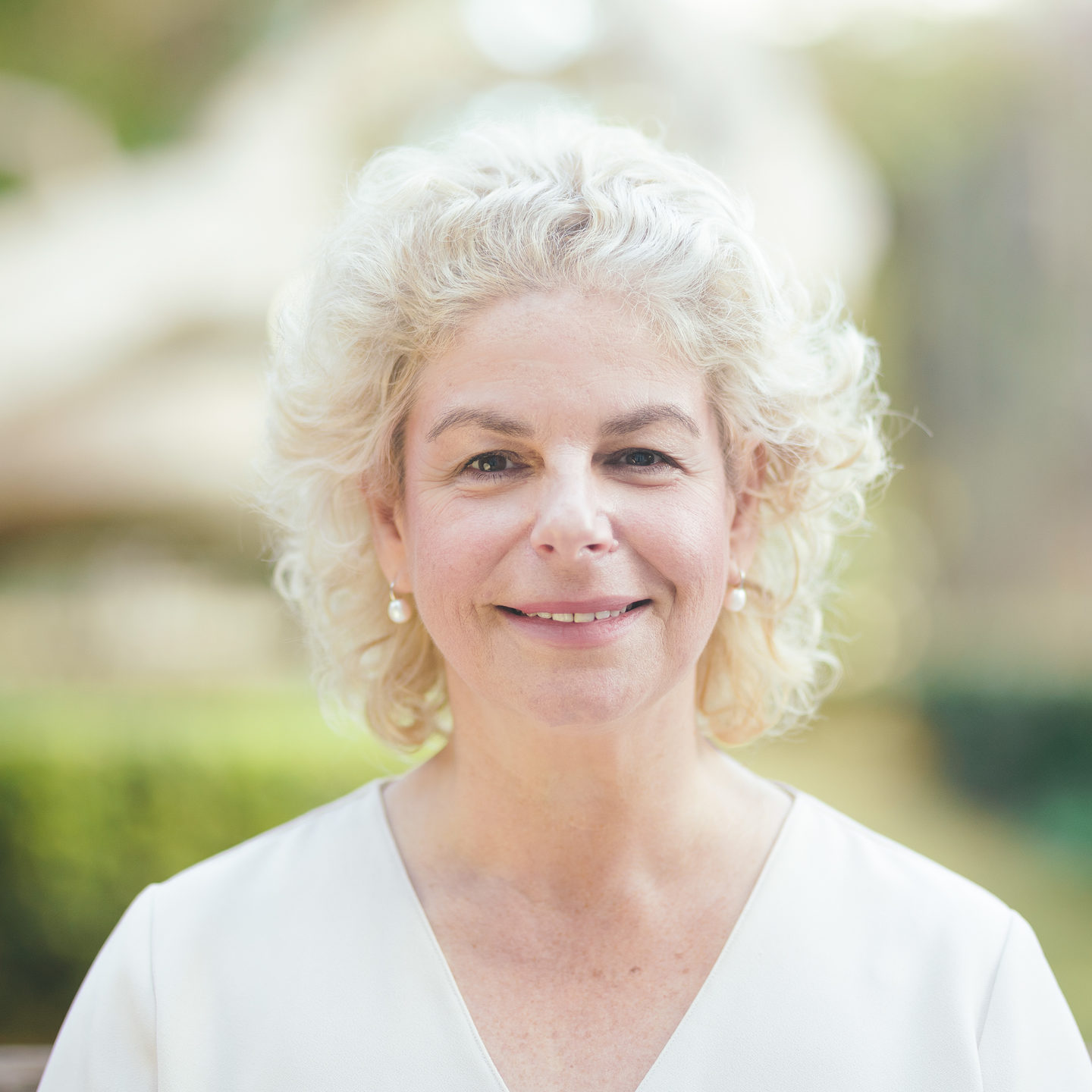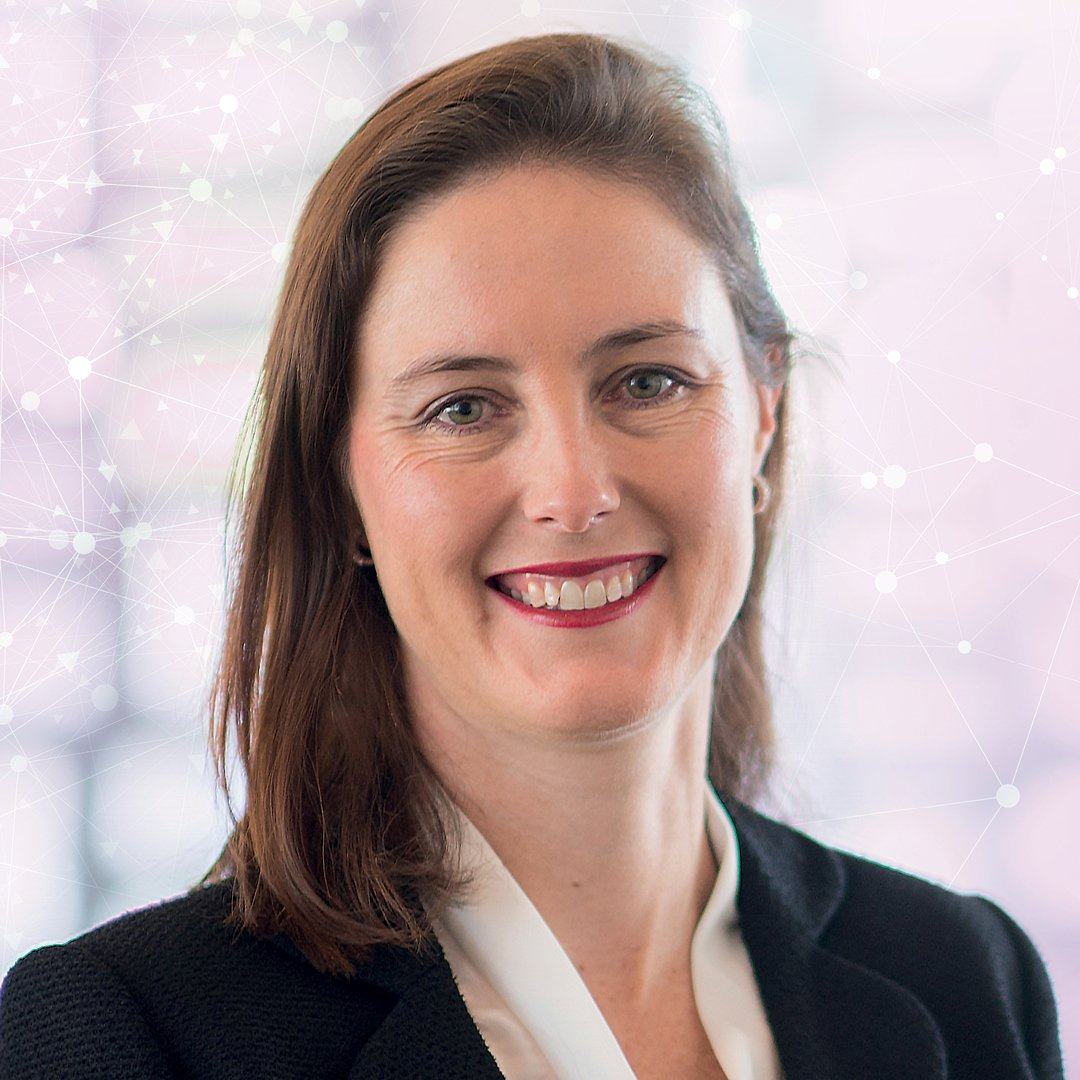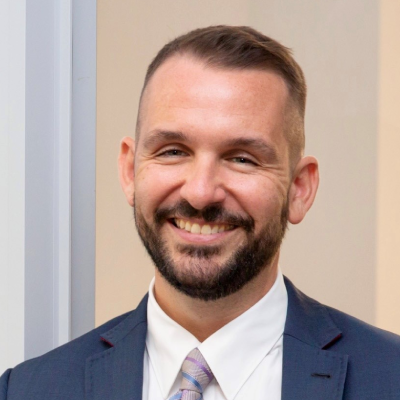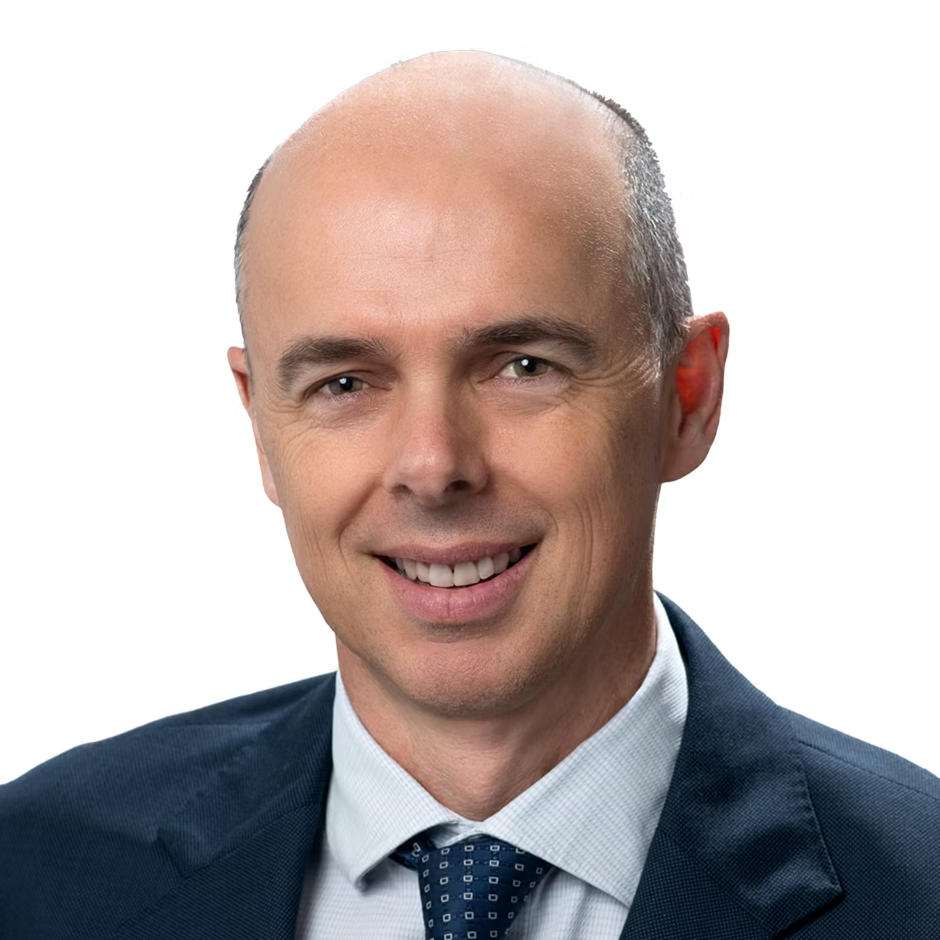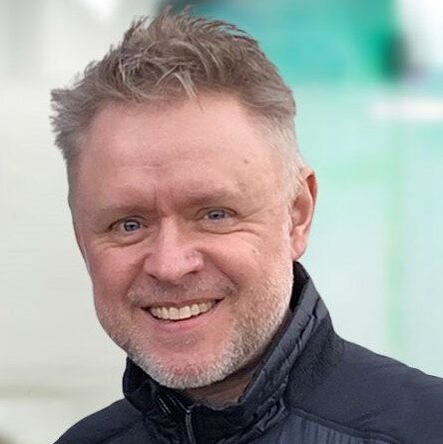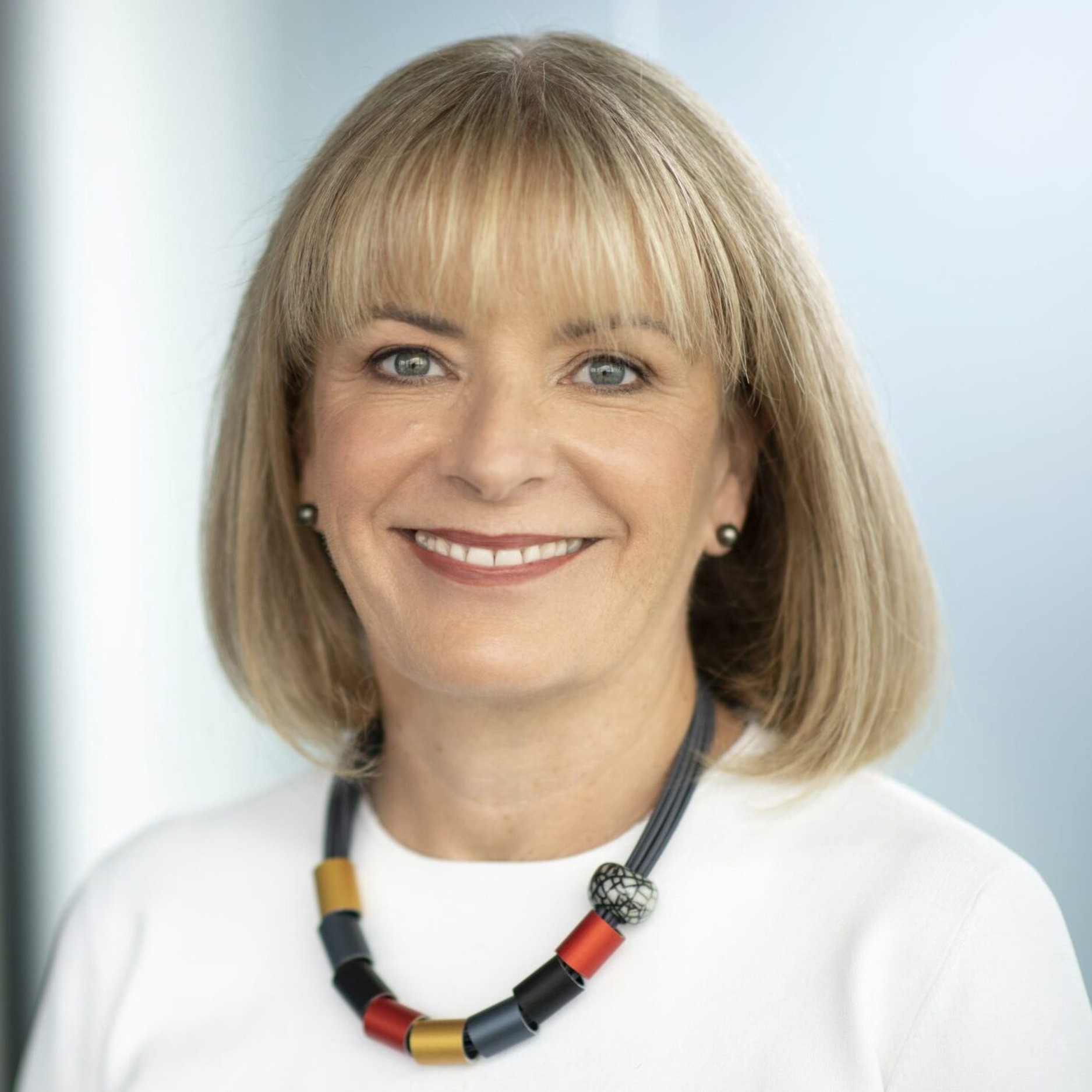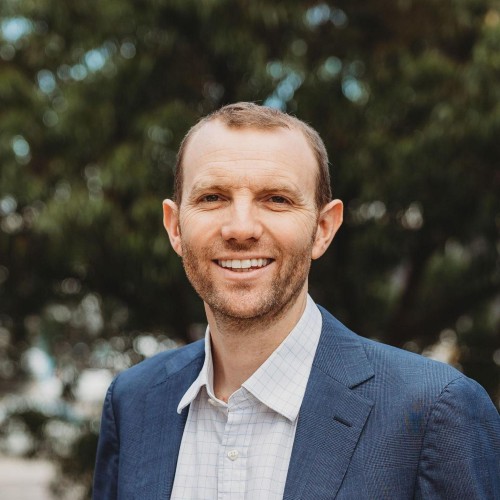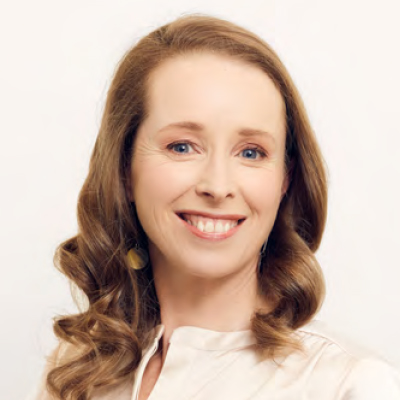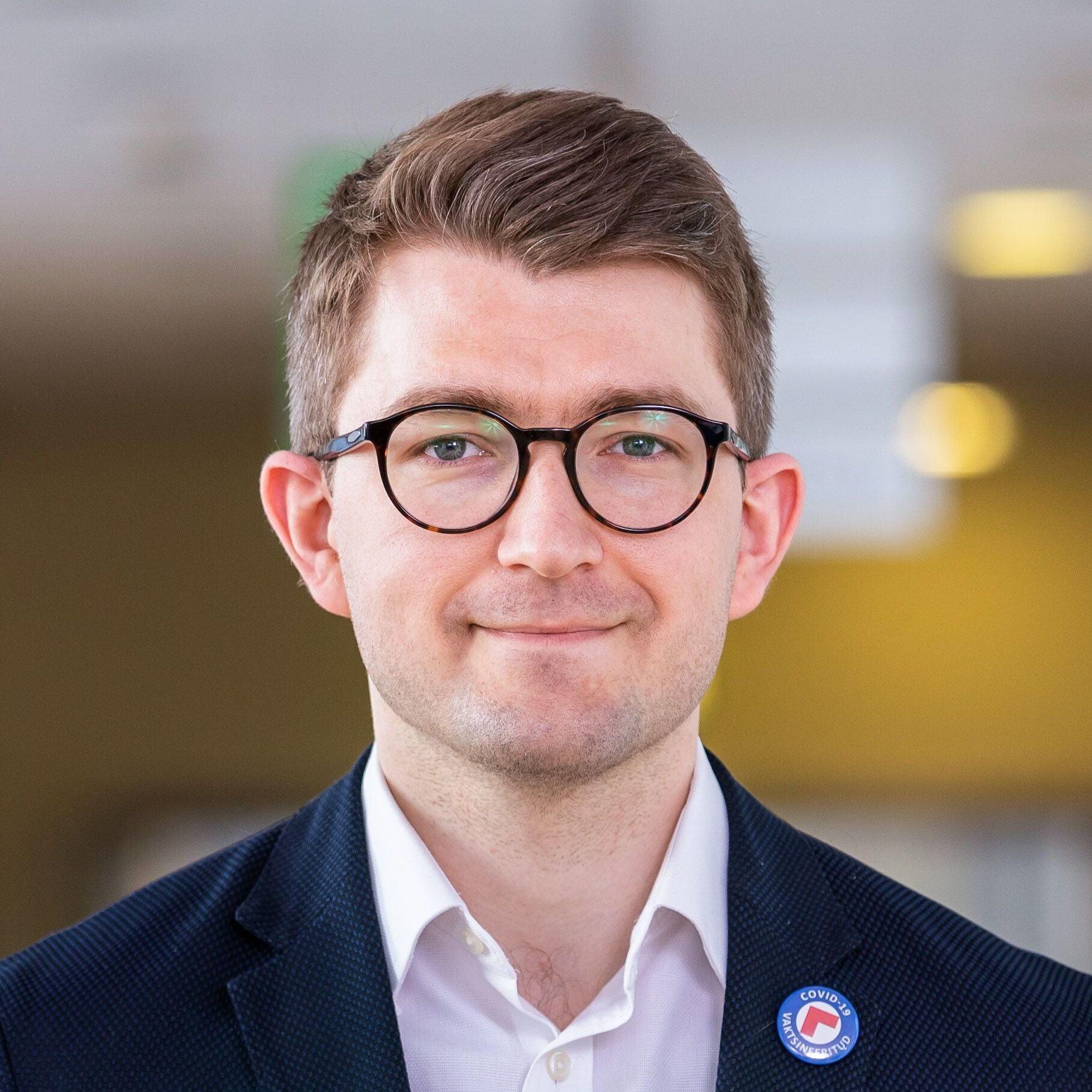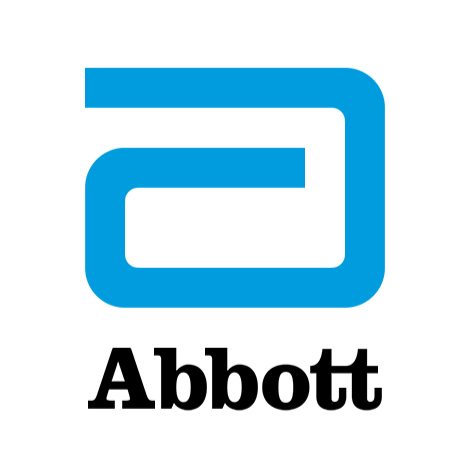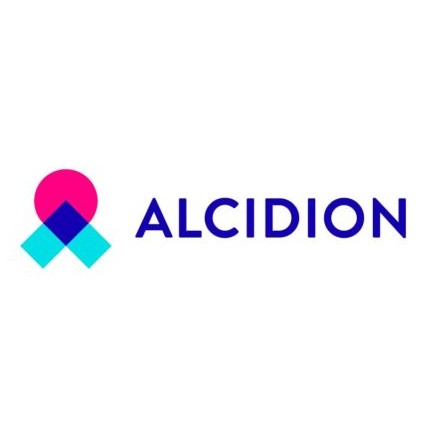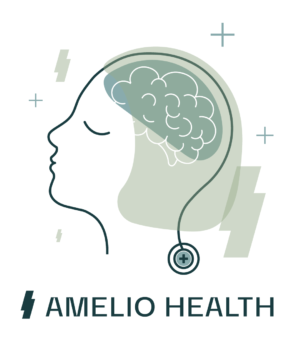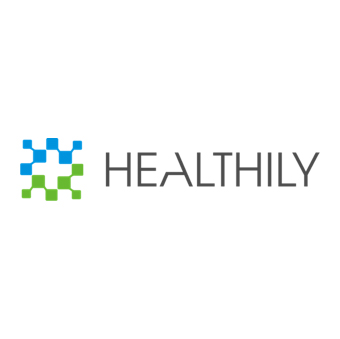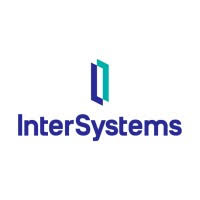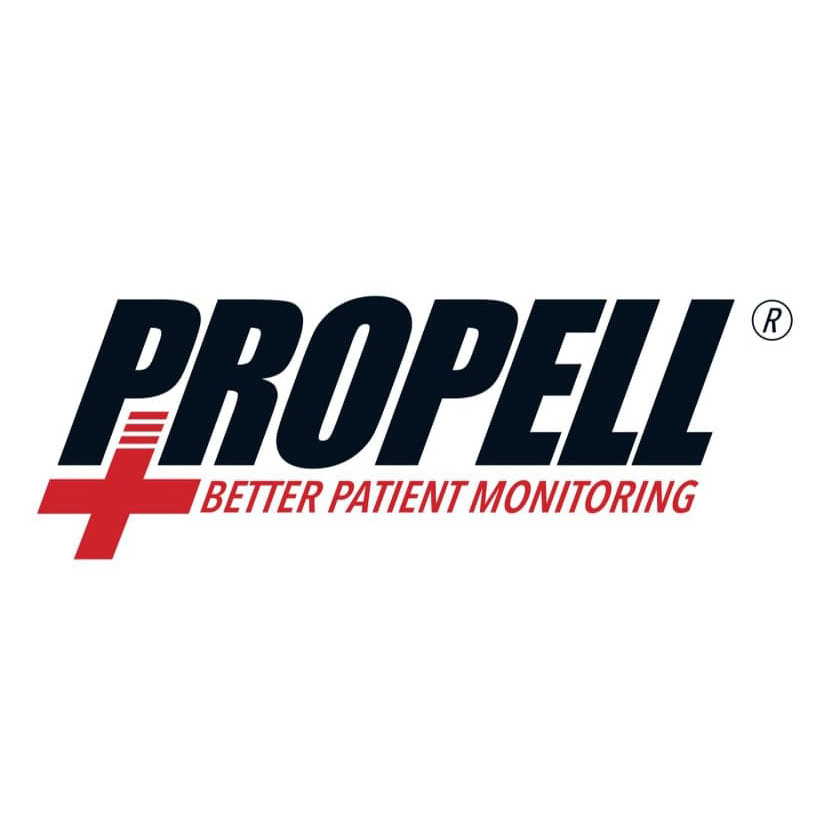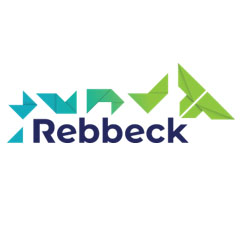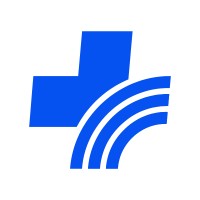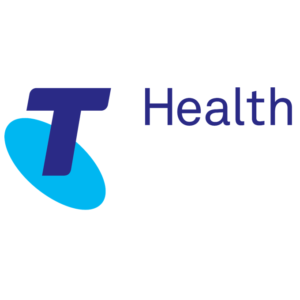Key local digital health reformers in conversation with leading global reformers on expediting Australia’s digital health journey
Monday 11 September 2023, Aerial Function Centre, UTS Sydney

Rapid hospital based virtual care expansion, “sharing by default”, population health strategy, PHNs and technology, the changing role of big global EMRs in Australia, the role of light EMRs, hospital in the home growth implications and other key Australian digital health reforms debated by key overseas and local digital health reformers
MONDAY 11 SEPTEMBER, 8:30am – 4:30pm
8:30am – 8:50am
Registration
8:50am – 9:00am
Australia in a global context
Wild Health Sydney will be examining our new race to virtual care, especially in our hospitals, our post covid hospita-in-the-home expansion, dealing with remote and rural care issues via digital infrastructure, the role for big EMRs in Australia and establishing a roadmap for DoHAC’s new “sharing by default” paradigm in Australia by asking key overseas digital reform leaders to discuss with some of our key reformers – people like Daniel McCabe, First Assistant Secretary Medicare Benefits and Digital Health at the Department of Health and Aged Care – the context of key overseas reforms, initiatives and technology to Australia’s digital health reform journey. Where do we think Australia sits in its digital health journey in comparison to other advanced countries around the world, and what might we be able to borrow from some of the more successful and interesting advanced digital health economies from across the globe?
9:00am – 9:40am
Panel 1: What does “Sharing by Default” mean for Australia and how will it affect our roll out of hospital EMRs?
DoHAC has announced several new initiatives to push a “sharing by default” agenda in Australia, some of which looks a lot like the 21st Century Cures Act journey in the US.
On this panel we bring two of the most influential people in the development and delivery of the 21st Century Cures Act in the US to tell us about their journey and ask how it might compare to the journey Australia has recently committed to on “sharing by default”.
We are also going to examine the US journey on big EMRs versus Austalia’s current journey – where do these big systems fit into the future of our now rapidly transforming system? Is there room for some sort of EMR light strategy for some of the states, especially in rural and remote regions? How will EMRs become part of a “sharing by default” paradigm over time?
We ask the panel what lessons might be applicable in Australia from the US experience, and how that experience compares to two other interesting reform countries, Estonia and New Zealand.
Panelists:
- Dr John Halamka, President of Mayo Clinic Platform
- Ryl Jensen, CEO, Digital Health Association NZ
- Daniel McCabe, First Assistant Secretary – Medicare Benefits and Digital Health, Australian Department of Health and Aged Care
- Dr Priit Tohver, Head of Sustainable Development, North Estonia Medical Centre
- Kate Quirke, CEO, Alcidion
Moderator: Jeremy Knibbs, Publisher of The Medical Republic and Health Services Daily
9:40am – 9:50am
Case study 1: Solving the hospital waitlist crisis with a successful public-private partnership
Cathie La Riviere, Virtual Health Manager, Mackay Hospital and Health Service
9:50am – 10:10am
The United States
A conversation with John Halamka MD about the rise of AI
John Halamka MD (President of the Mayo Clinic Platform) in conversation with Jeremy Knibbs discussing the integration of Artificial Intelligence (AI) and specifically ChatGPT in medicine. They will explore the potential benefits and downsides, the potential for misinformation, as well as the need to balance the reduction of human burden with the risk of harm from incorrect diagnosis.
10:10am – 10:50am
Panel 2: Can “sharing by default” help us escalate momentum on key local reforms like the expansion of virtual care services out of our hospitals?
How the US regulatory framework for healthcare data sharing is relevant to Australia and what it has actually achieved in terms of laying the groundwork for systemic new reforms, in particular virtual care. What will need to be different about our standards and legislation journey to facilitate our unique situation in Australia?
The 21st Cures Act is unequivocally starting to put meaningful data into the hands of patients en masse in the US and has created an explosion in innovation on key technologies, in particular, virtual care and hospital-in-the home.
What can we learn from the US about how our local push to “sharing by default” can be optimised to assist similar trends in Australia. Will Australia be able to connect it’s hospitals to GPs, aged care and even the NDIS one day as a result of these reforms? What do these reforms mean for innovation and the software industry in. Australia?
Panelists:
- Charles Cornish, CEO, Monarch Medical Technologies
- Daniel McCabe, First Assistant Secretary – Medicare Benefits and Digital Health, Australian Department of Health and Aged Care
- Dr Robyn Gillies, Chief Medical Information Officer, The Royal Melbourne Hospital
- Dr Suzanne Miller, Director of Strategy, Quality, and Technology / Clinical Deputy Director, Victorian Virtual Emergency Department
- Richard Nankervis, CEO, Hunter New England and Central Coast Primary Health Network
Moderator: Tim Blake, Managing Director, Semantic Consulting
10:50am – 11:05am
Morning Tea
11:05am – 11:25am
Estonia
One on one with Dr Priit Tohver, Head of Sustainable Development at North Estonia Medical Centre, on the unusual and rapid transformation of Estonia’s healthcare system by a digital health platforms first policy.
11:25am – 12:05pm
Panel 3: Can we learn from Estonia given it’s vast differences in culture and system governance?
Can Estonia inform any useful strategies or tactics for Australia given its significant historical and cultural background?
Although Estonia is often tagged the undisputed world leader on Digital Health Strategy, are we able to apply any tactics or strategies from a country with such a different culture, political history, demography and geography?
Estonia has 100% of their citizens with a longitudinal health record accessible through a portal, 99% of prescriptions are digital, both patients and carers can access information with consent. As a result, Estonia is now exploring the potential of using personalised medicine to aid prevention for an ageing population with complex health issues and a declining health workforce.
Australia is lagging well behind with a low engagement of its MyHealthRecord which does not deliver a longitudinal health record for Australians. What might we borrow from Estonia’s success to fast track the creation of a true longitudinal health record for all Australians and with what potential outcomes?
Panelists:
- Kate Ebrill, Interoperability Lead, The Australian e-Health Research Centre, CSIRO
- Ryl Jensen, CEO, Digital Health Association NZ
- Dr Natalie Thorne, Scientific Director, Genomical
- Dr Priit Tohver, Head of Sustainable Development, North Estonia Medical Centre
Moderator: Jeremy Knibbs, Publisher of The Medical Republic and Health Services Daily
12:05pm – 12:15pm
Case study 2: Improving health equity and access through innovation
How can we accelerate the adoption of innovative medical technologies in Australia through funding shifts. What’s causing the roadblocks?
Jeremy Knibbs in conversation with Paul Davies (Director for Government Affairs, Australia/New Zealand, Abbott).
12:15pm – 12:55pm
Panel 4: The Rise of Hospital in the Home
How can we enable a connected patient-centered approach in a fragmented and siloed system?
Healthcare systems around the world are under pressure. It’s no secret that the combination of ageing populations, the increased burden of disease, and staffing shortages has left substantial unmet needs when it comes to acute hospital care. Resource constraints are also affecting wait times in many government-run health systems – just look at how commonplace ambulance ramping has become due to hospitals and intensive care units being overwhelmed.
This panel discussion examines the benefits of virtual hospital care models, and their potential to expand care capacity, lower costs, and increase patient satisfaction than traditional counterparts. It will also look at this topic through the lens of the consumer and how these emerging models might also play to their advantage.
Panelists:
- Tim Blake, Managing Director, Semantic Consulting
- Dr Robyn Gillies, Chief Medical Information Officer, The Royal Melbourne Hospital
- Harry Iles-Mann, Health Consumer Advocate
- Dr Emily Kirkpatrick, Executive Medical Director, Calvary-Medibank Joint Venture
- Voni Leighton, Board Member, Hospital in the Home Society
Moderator: Jeremy Knibbs, Publisher of The Medical Republic and Health Services Daily
12:55pm – 1:40pm
Lunch
1:40pm – 2:00pm
New Zealand
One on one with Ryl Jensen, CEO of Digital Health Association, on where New Zealand fits between Australia, the US and Estonia, and whether New Zealand’s lead on data sharing might inform some strategies for Australia in it’s “sharing by default” push.
2:00pm – 2:40pm
Panel 5: The race to Value Based Care: Australia versus New Zealand
Boston Consulting Group recently identified five levers to drive success and realise emerging value in Australia and New Zealand over coming years:
- Use Digital Tools To Integrate Fragmented Delivery
- Unlock Digitally-Enabled Health Surveillance and Prevention
- Liberate the Value of Data
- Drive for Scalability and Patient Experience
- Build on Strong Relationships
With such fragmented, outdated technology and policy that doesn’t enable the funding of new models of care at scale, the reality is this will be very hard to achieve for many years to come. This panel will explore how hard it will be for both Australia and New Zealand to drive the digital transformation required to deliver value based care, and the foundations both countries have in place to start this journey.
NZ has released the Hira strategy, which offers the promise and hope of better health outcomes for all New Zealanders. The purpose of Hira is to enable people and their health providers to have better access to their health information. Hira’s vision is to connect consumers and the health workforce through multiple IT solutions such as a patient portal, enabling communications and information access in real time. Its vision is to improve communication and collaboration, leveraging off a strong foundation in linked data.
Australia too is embarking on the modernisation of its My Health Record with a sharing by default strategy to begin Australia’s roadmap to interoperability. Policy is starting to push providers to new models of multi-disciplinary care with MyMedicare and co-commissioning between state and federal health departments supporting new models of care.
So which country is best placed to leverage the value of these digital health strategies for their population?
Panelists:
- Dr Penny Andrew, Director of i3
- Kate Ebrill, Interoperability Lead, The Australian e-Health Research Centre, CSIRO
- Derek Felton, CEO, Felton Consulting
- Ryl Jensen, CEO, Digital Health Association NZ
- Dr Natalie Thorne, Scientific Director, Genomical
Moderator: Jay Rebbeck, CEO, Rebbeck
2:40pm – 2:45pm
Case study 3: Right information, right time: A patient’s perspective
Discover why the right information at the right time matters, and how MediRecords is empowering patients to take control of their healthcare data – the key to better health management.
Tim Pegler, Senior Business Development Manager, MediRecords
2:45pm – 3:25pm
Panel 6: The Digital Front Door, One Door, Single Front door
How can Australia harness the power of digital technology to simplify the pathways to care?
There is so much potential for Australia to leverage off our existing digital infrastructure in the short term to simplify access to healthcare, improve health equity and reduce the duplication of services created by the fragmentation of our health system.
There is no doubt that Covid has accelerated innovation and allowed us to test the water of what is possible. It is now time to talk about how we scale up and redirect consumers to our Digital options to relieve pressure on the system and to ensure people get the right care, in the right place, at the right time.
We have some of the people who are leading this change in Australia to talk about the NSW Health/HealthDirect Single Front Door, the VVED and digital mental health pathways and of course how the all-important consumer navigates all of the messaging.
Panelists:
- Harry Iles-Mann, Health Consumer Advocate
- Bettina McMahon, CEO, Healthdirect Australia
- Dr Mike Millard, Clinical Director, Clinical Research Unit for Anxiety and Depression, St Vincent’s Health Australia
- Dr Suzanne Miller, Director of Strategy, Quality, and Technology / Clinical Deputy Director, Victorian Virtual Emergency Department
- Dr Amith Shetty, Clinical Director – System Sustainability and Performance, NSW Ministry of Health
Moderator: Raj Verma, Principal, Nous Group
3:25pm – 3:30pm
Case study 4: Amelio Health
Kathy Hubble, CEO, Amelio Health
3:30pm – 4:00pm
Afternoon tea
4:00pm – 4:30pm
What does the massive escalation of consumer facing AI via the major global digital platforms (ChatGPT and Bard) mean for medical AI in Australia?
Australia’s foremost medical AI experts Professor Enrico Coiera and Professor Farah Magrabi in conversation with Jeremy Knibbs about the radical shift in positioning of AI in the professional working lives of so many Australians, and what it might mean for our professional medical workforce.
4:30pm – 6:30pm
Networking drinks

Professor Enrico Coiera
Director, Centre for Health Informatics, Australian Institute of Health Innovation
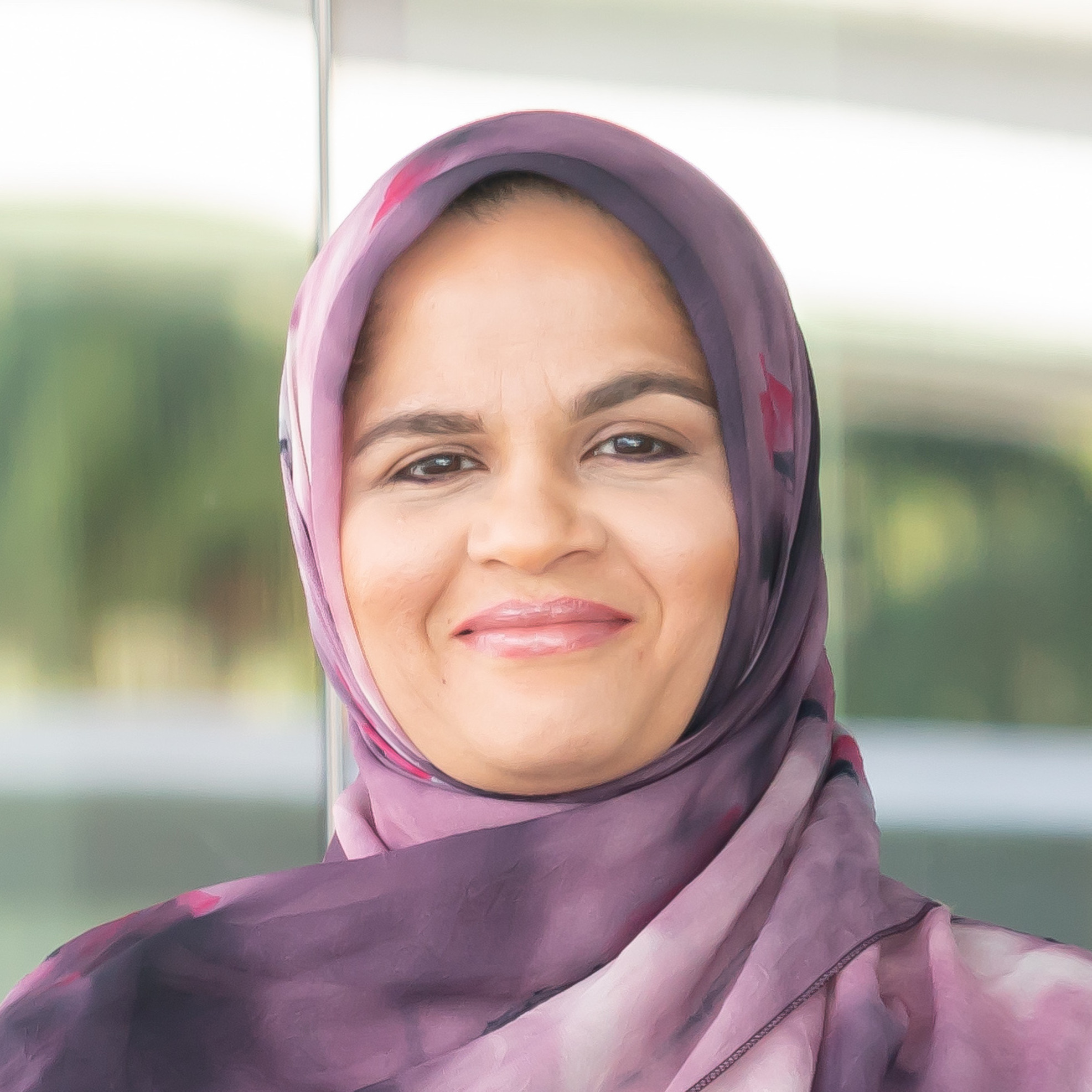
Professor Farah Magrabi
Professor of Biomedical and Health Informatics, Australian Institute of Health Innovation
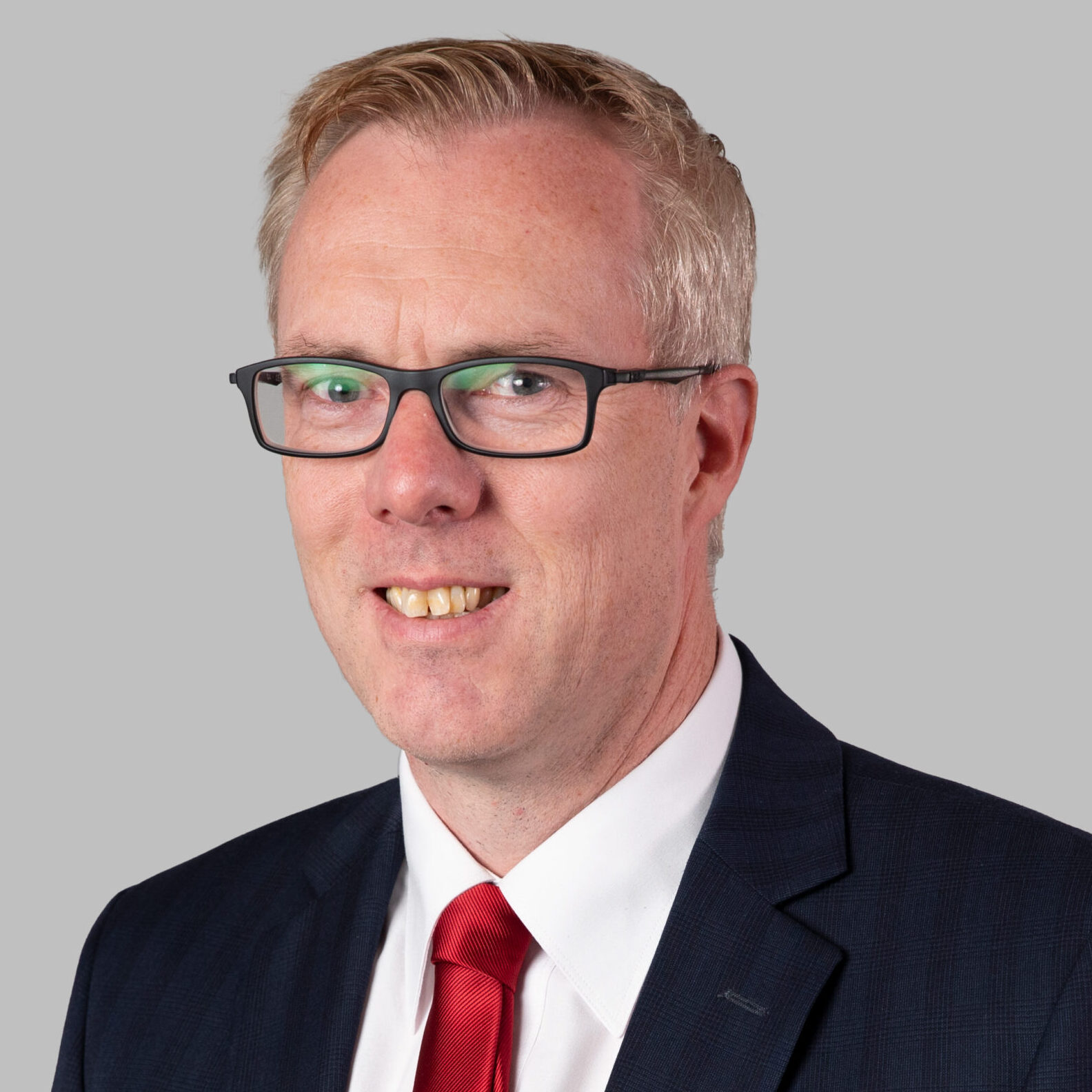
Daniel McCabe
First Assistant Secretary - Medicare Benefits and Digital Health, Australian Government Department of Health, Disability and Ageing

Dr Suzanne Miller
Director of Strategy, Quality, and Technology / Clinical Deputy Director, Victorian Virtual Emergency Department
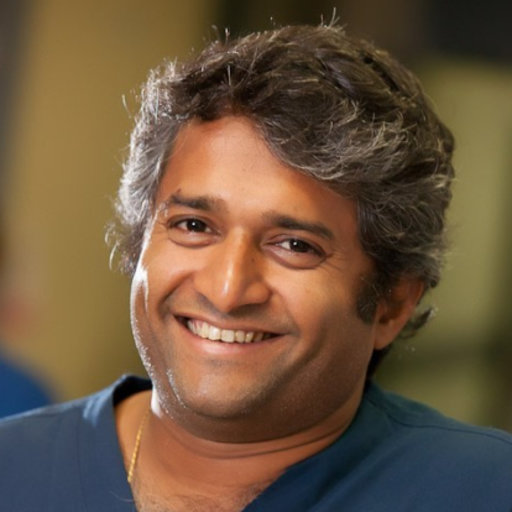
Associate Professor Amith Shetty
Clinical Director System Sustainability and Performance, NSW Ministry of Health
Program, Content and Panelist Enquiries
Michelle O’Brien: michelle@wildhealth.net.au
Partnership Opportunity Enquiries
John Todd: john@wildhealth.net.au
Aerial UTS Function Centre

Address
Level 7, Building 10, University of Technology Sydney
235 Jones Street, Ultimo, Sydney
Getting Here
Registration Enquiries
Maddie Dockrill: maddie@wildhealth.net.au
Program, Content and Panelist Enquiries
Michelle O’Brien: michelle@wildhealth.net.au
Partnership Opportunity Enquiries
John Todd: john@wildhealth.net.au



